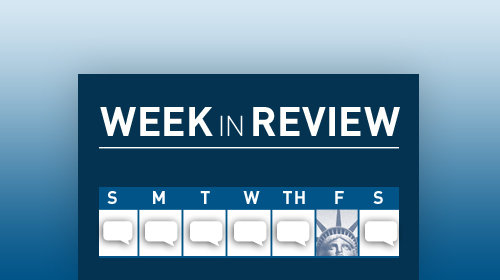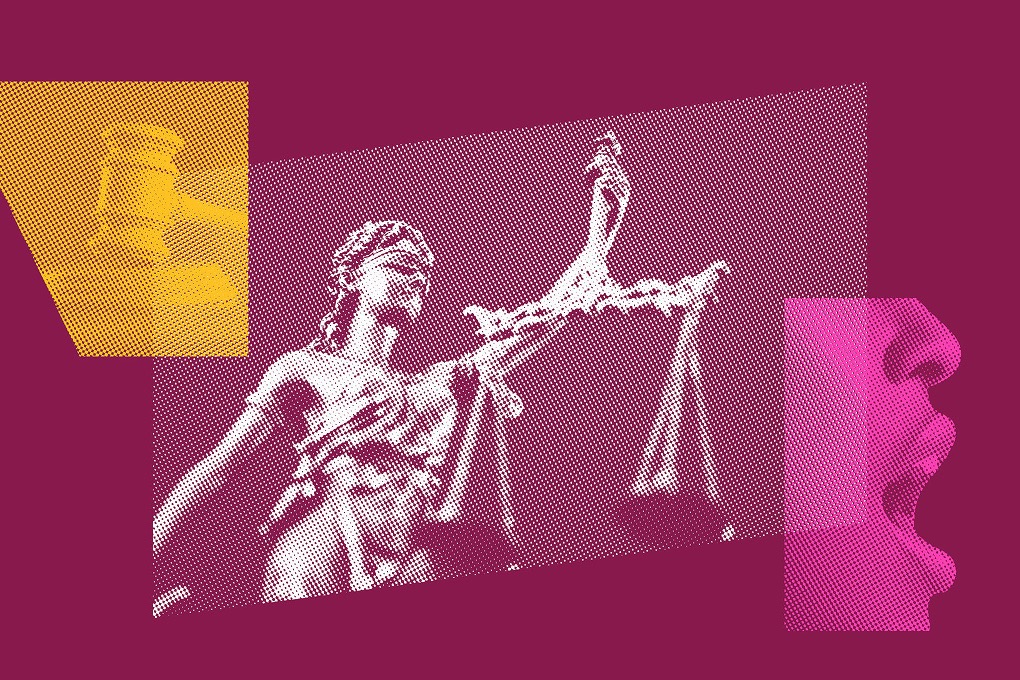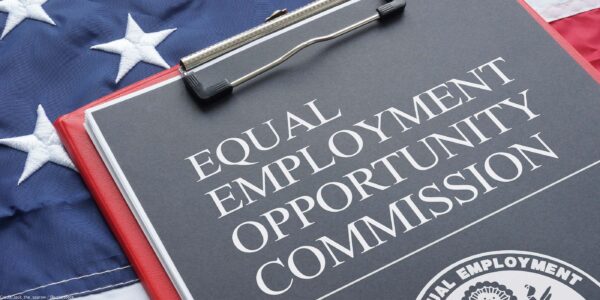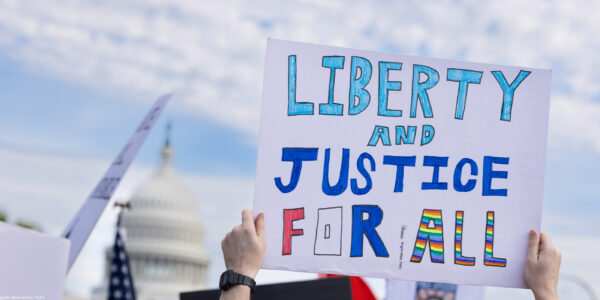
A truck driver of what religious group was harassed and humiliated because of his appearance and religion?
True or false: over one in 10 people of voting age in Florida has been disenfranchised because of a felony conviction?
An instance of censorship of an ACLU blog post prompted the ACLU to call into question the blocked content appeals process of what social network?
What government agency believes you have "no constitutionally protected privacy interest" in your own prescription records?
What week are we celebrating right now to recognize the freedom to read and the books and websites that have been the targets of unconstitutional censorship?
Judge to Sikh Man: Remove "That Rag"
This Wednesday, in a letter to the Mississippi Department of Transportation (MDOT), the ACLU and United Sikhs called on state officials to investigate the harassment of a Sikh commercial truck driver pulled over early this year for a flat tire. After detaining Mr. Jageet Singh in January as he passed through Mississippi, the officers called him a "terrorist" and harassed and humiliated him because of his appearance and religious beliefs. As a devout Sikh, Mr. Singh wears a turban and carries a kirpan. A kirpan is a small, spiritual sword that is sheathed and sewn to the waistband. It is designed and worn as an article of faith, much as a cross is worn by devout Christians.
Why Have 1.5 Million Floridians Been Banned from Voting?
The struggle to protect the fundamental right to vote for people with a felony conviction is nothing new in this country, but has now reached a crisis level. Almost six million people in the U.S. are denied the right to vote because of felon disfranchisement laws that perpetuate racial and economic disparities by excluding citizens from the democratic process even after they have paid their debt to society.
Naked Statue Reveals One Thing: Facebook Censorship Needs Better Appeals Process
We at the ACLU were reassured of one thing this past weekend: Facebook's chest-recognition detectors are fully operational. A recent post of ours, highlighting a blog post about an attempt to censor controversial public art in Kansas, was itself deemed morally unfit for Facebook. The whole episode is a reminder that corporate censorship is bad policy and bad business.
The DEA Thinks You Have "No Constitutionally Protected Privacy Interest" in Your Confidential Prescription Records
The Drug Enforcement Administration thinks people have "no constitutionally protected privacy interest" in their confidential prescription records, according to a brief filed last month in federal court. That disconcerting statement comes in response to an ACLU lawsuit challenging the DEA's practice of obtaining private medical information without a warrant. The ACLU has just filed its response brief, explaining to the court why the DEA's position is both startling and wrong.
Banned Books Week 2013: Books about LGBT Families Remain Targets of Censorship
2013 has been a landmark year for lesbian, gay, bisexual, and transgender families. In June the Supreme Court struck down the discriminatory "Defense of Marriage Act," and left in place a lower court decision restoring the freedom to marry for same-sex couples in California. At least 13 states and the District of Columbia now recognize the freedom to marry for same-sex couples, and that number will hopefully grow even larger before the year is through.
But despite these breakthroughs, books about LGBT people and their families remain one of the biggest targets of censorship in school classrooms and libraries.
Learn more about your civil liberties: Sign up for breaking news alerts, follow us on Twitter, and like us on Facebook.



